Fake news – a term popularised by a man whose relationship with the truth is tenuous at best.
Donald Trump spent years whipping up a storm against regulated media by dismissing provable facts as lies to further his own agenda.
His followers, fuelled by online disinformation, were eager to believe in a mainstream conspiracy against the now convicted felon.
We witnessed the consequences of his actions during the Capital Riots of 2021 in which five people died and democracy in the United States faced an existential threat.
The danger of misinformation spread online via unregulated social media channels was evident then for the world to see – yet nearly four years later our leaders are still powerless to combat the problem.
If robust, actionable legislation had been introduced in the interim, perhaps the violent far-right riots that broke out across the streets of the UK this month might have been avoided.
Elon Musk: The billionaire agitator-in-chief
The chaotic thuggery was sparked by online disinformation and misinformation – lies spread about the religion and birthplace of the suspect in the Southport attack.
Lies that took advantage of a horrific tragedy in which three children died.
Lies which have resulted in jail sentences for those who acted upon them.
Yet there is no punishment for the platforms on which these racist, Islamophobic and dangerous lies were allowed to spread and fester.
Platforms like X, owned by billionaire agitator-in-chief Elon Musk.
During the riots, Musk used his social media account to promote the idea of an “inevitable” civil war in the UK while questioning the sentencing of the rioters.
Musk’s intrusion into the affair should be a watershed moment in understanding the high-level risk of allowing the world of social media to carry on unchecked and unregulated.
This is no longer platforms allowing harmful misinformation to exist on their sites, this is the billionaire owners of said sites using their platforms to push disinformation.
That cannot be allowed to continue.
Musk’s postings drew the ire and criticism of UK leaders, including former First Minister Humza Yousaf.
It should also push them towards action.
The Online Safety Act, which allows Ofcom to fine social media companies up to £18m or 10% of their global turnover if they fail to take robust action against content inciting violence or terrorism, is not expected to be enforced until next year.
In the wake of the riots, there are already fears it won’t be fit for purpose.
Stirling a victim of misinformation
In the midst of the riots, one of our own communities was the victim of misinformation willfully spread online to incite fear and violence.
Far-right yob Tommy Robinson used the stabbing of a woman in Stirling to spread lies about the religious background of the alleged attacker.
The convicted criminal and English Defence League (EDL) founder – whose real name is Stephen Yaxley-Lennon – used Musk’s X platform to push the unsubstantiated claims.
Claims that were made for the sole purpose of advancing far-right ideology and stoking unrest in our communities.
Claims made from somewhere in the Mediterranean.
This needs to be a wake-up call for our politicians.
If they are not careful, we are going to find ourselves in a position where social media barons based in other countries are not only undermining the robustness of our elections but also the safety of our streets.
We know from America how deadly a position that can be.
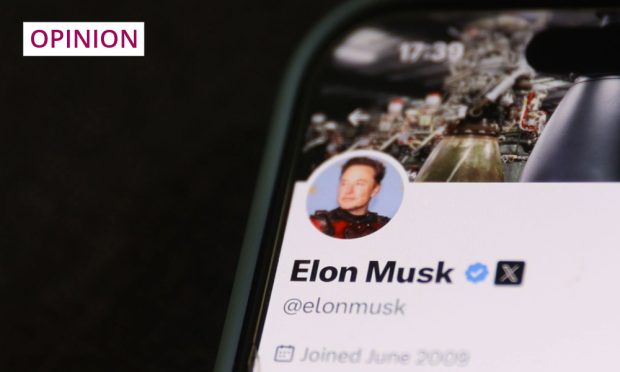
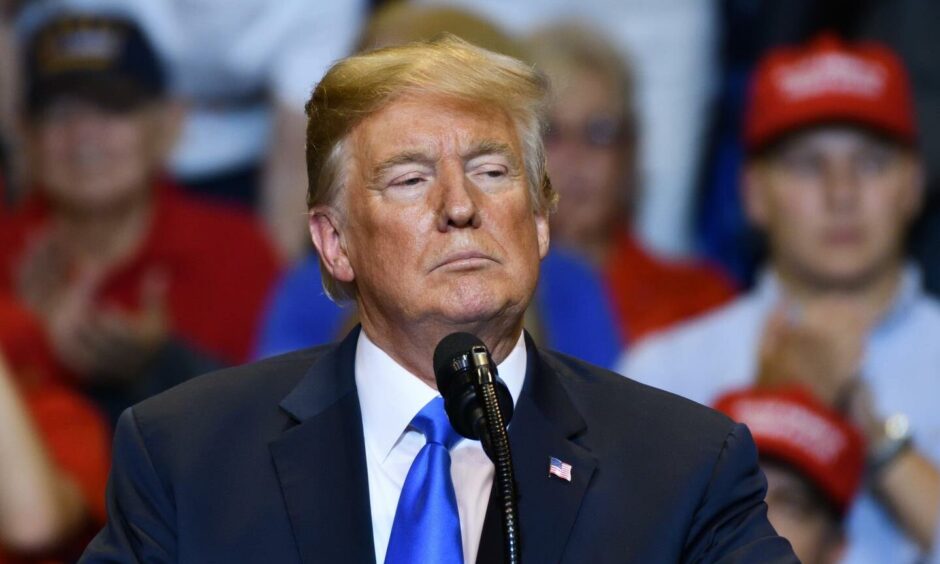
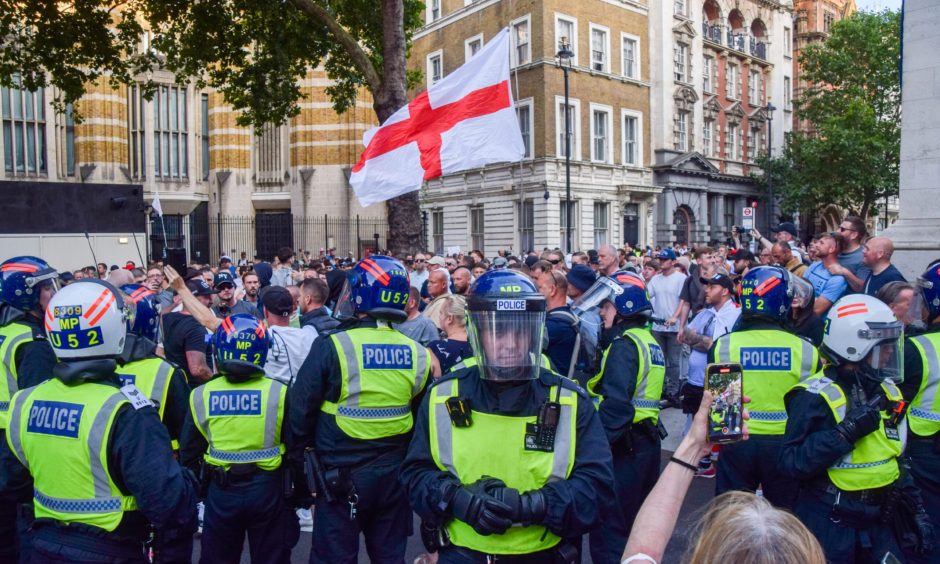
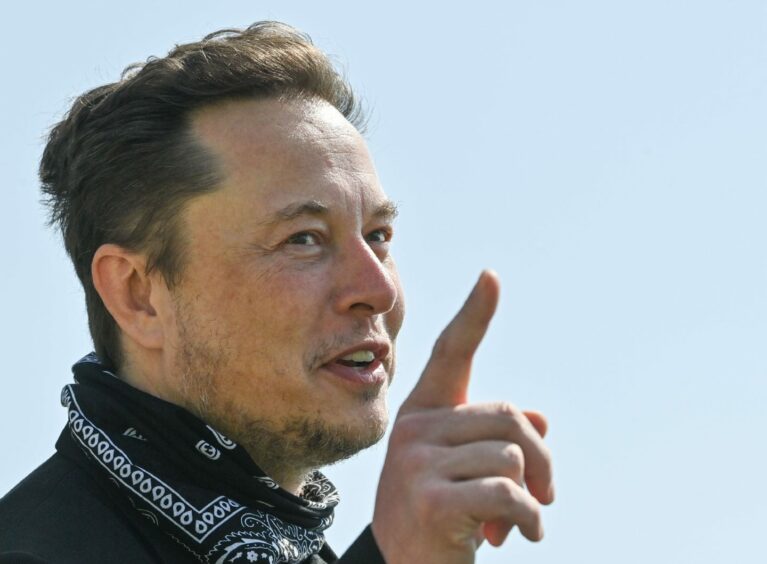

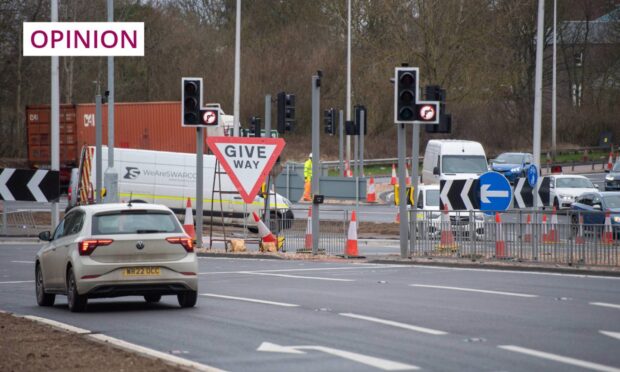

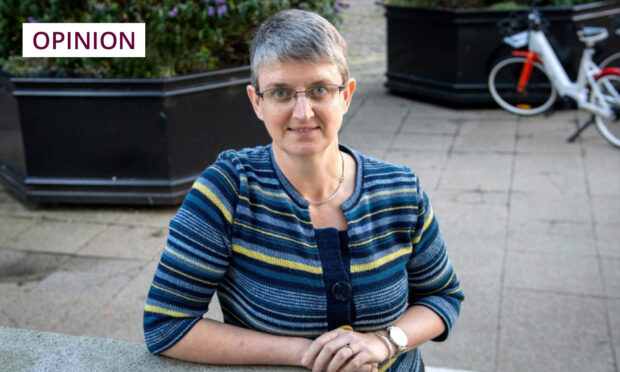







Conversation